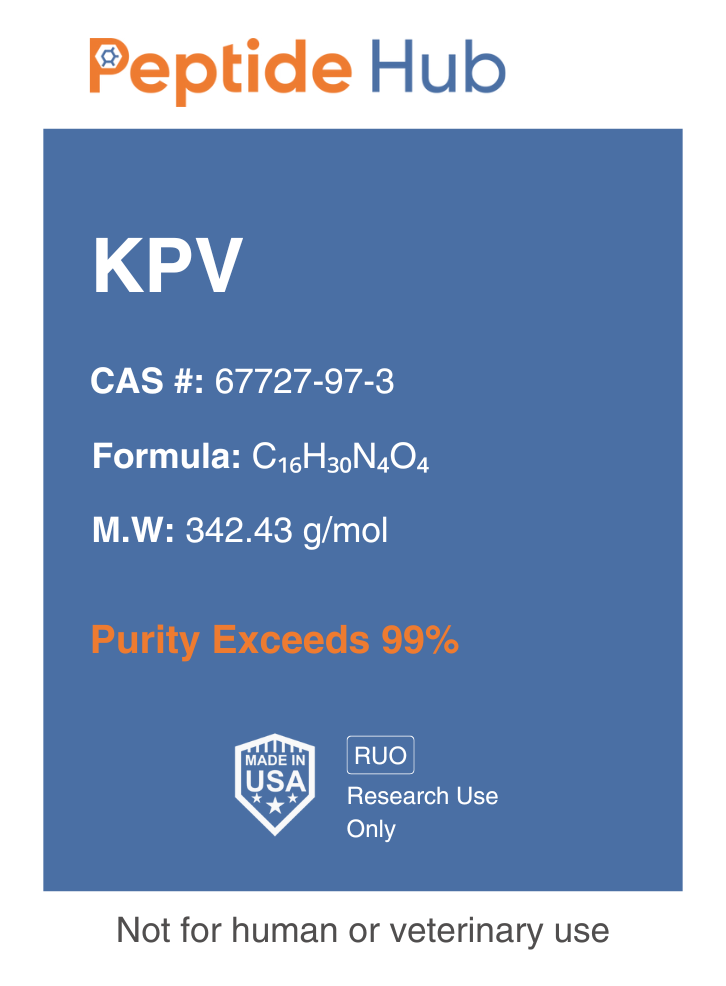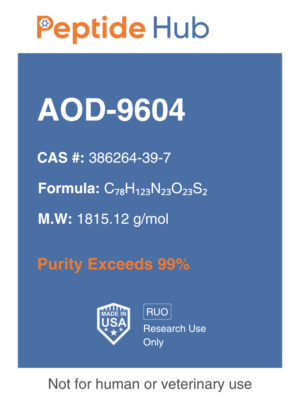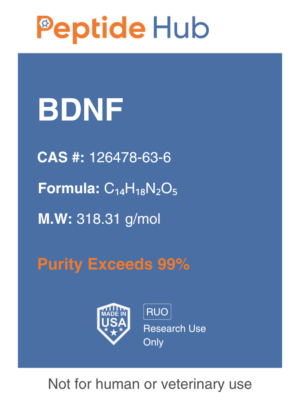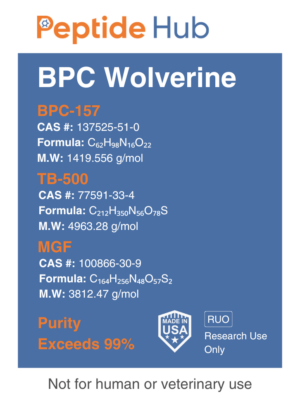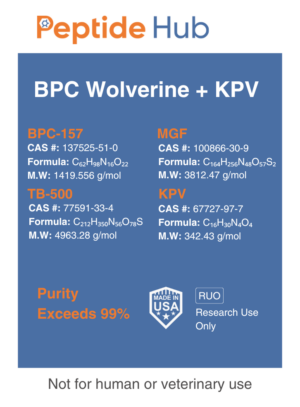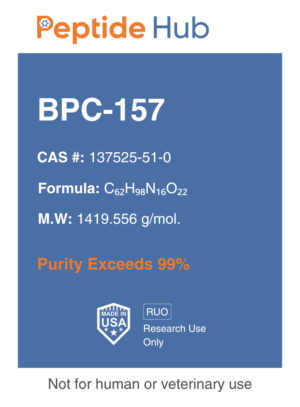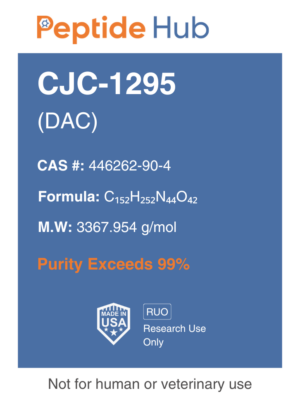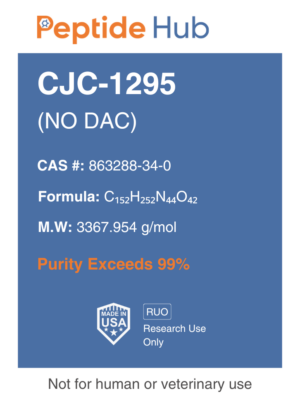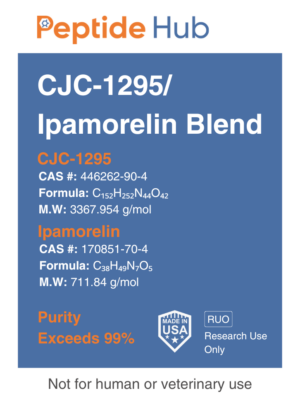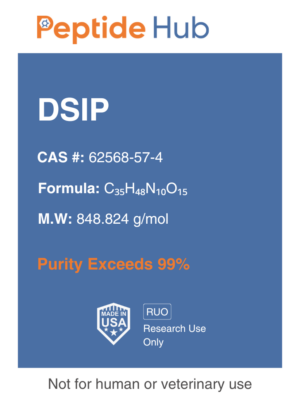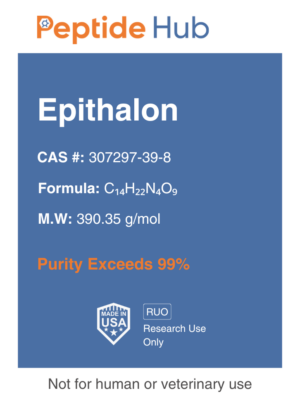KPV
$100.00

KPV – 10mg
KPV is a naturally occurring peptide made of three amino acids (Lysine, Proline, and Valine) that is gaining recognition for its powerful anti-inflammatory and healing properties in research. KPV has been studied for its potential in managing inflammatory conditions such as skin disorders (e.g., eczema, psoriasis), gut inflammation, and other immune-related issues.
Buy KPV, by modulating immune response and reducing pro-inflammatory cytokines, KPV promotes tissue repair and healing without suppressing the immune system, making it ideal for research settings. Additionally, KPV has shown potential in wound healing, improving skin health, and possibly protecting against infections in research.
Research Peptides
99% Purity
3rd Party Tested
USA Made
Note: Peptides will arrive in a lyophilized (powder) form for maximum stability
The peptides are available for research and laboratory purposes only. Please review and ahere to our Terms and Conditions before ordering.
- Description
- Certificate of Analysis
KPV Structure
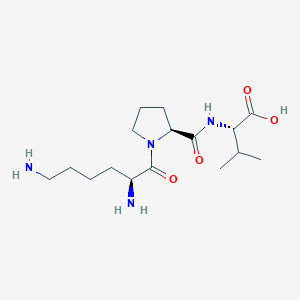
Source: PubChem
What is KPV?
KPV is a tripeptide consisting of lysine, proline, and valine, naturally found in the alpha-melanocyte-stimulating hormone (α-MSH). KPV has been extensively researched for its anti-inflammatory and antimicrobial properties, making it a subject of interest in studies related to skin health, inflammatory bowel disease (IBD), and autoimmune disorders. Its ability to modulate inflammation without significant side effects makes it a promising peptide in research.
The Origin of KPV
KPV is derived from α-MSH, a peptide hormone that plays a role in regulating inflammatory processes in the body. First discovered in the early 20th century, α-MSH and its related fragments like KPV have gained attention for their potent anti-inflammatory effects.
KPV’s Unique Composition
KPV’s structure, composed of the amino acids lysine, proline, and valine, is simple but effective in interacting with immune system components. It has shown the ability to reduce inflammatory markers and promote healing in tissue damage, making it a valuable peptide in skin and immune health research.
Mechanism of Action
KPV works by modulating the immune system and inhibiting inflammatory cytokines, including TNF-α and IL-6. It acts by binding to melanocortin receptors, which are involved in the regulation of immune responses. By reducing the production of pro-inflammatory substances and promoting an anti-inflammatory state, KPV supports tissue healing and reduces inflammation.
Role in Skin and Immune Health
Due to its strong anti-inflammatory and antimicrobial properties, KPV is especially valuable in studies of skin conditions such as eczema, psoriasis, and acne. Its ability to reduce inflammation also makes it a focus in research for autoimmune diseases and gut health, including IBD.
Anti-Inflammatory Effects
KPV’s anti-inflammatory properties are one of its key benefits. By inhibiting pro-inflammatory cytokines, it helps to reduce swelling, redness, and pain associated with inflammatory conditions. Its applications in skin care research and autoimmune disorders are particularly significant.
Antimicrobial Properties
In addition to its anti-inflammatory effects, KPV has shown antimicrobial activity, which is beneficial in combating skin infections and supporting wound healing. This dual action allows KPV to be a promising candidate for topical applications in skin health research.
Gut Health and IBD
KPV has been studied for its role in supporting gut health, particularly in the treatment of inflammatory bowel diseases like Crohn’s disease and ulcerative colitis. By reducing inflammation in the gut lining, KPV helps promote healing and improve symptoms in animal models of IBD.
Why KPV is Different from Other Peptides
What sets KPV apart from other anti-inflammatory peptides is its unique dual-action approach—providing both anti-inflammatory and antimicrobial benefits. Unlike some peptides that focus solely on immune modulation, KPV’s antimicrobial properties make it especially useful in skin and gut health research, where infections and inflammation are common concerns.
For Research Use Only
No Certificate of Analysis images available for this product.

